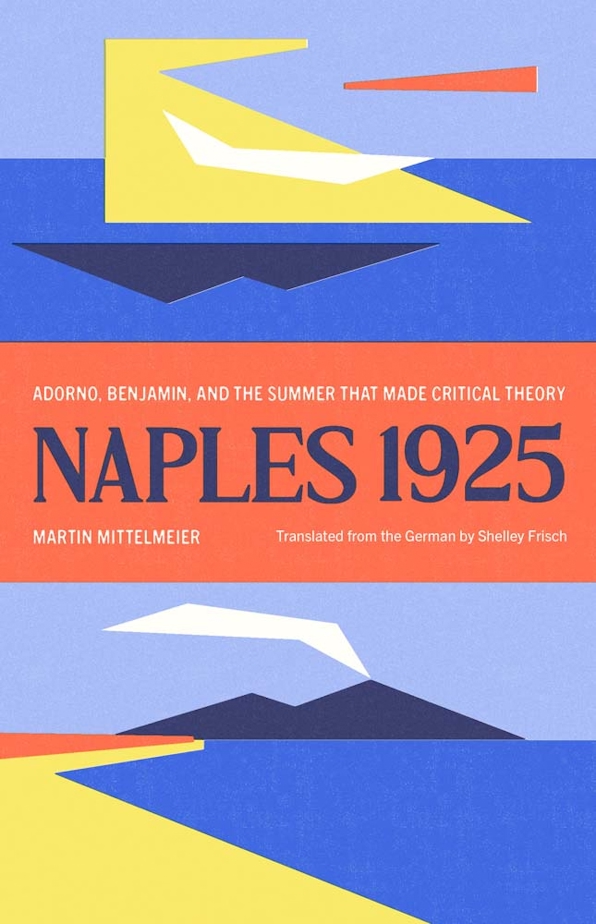William S. Allen wrote to us about his new book: Kant, Adorno, and the Forms of History (Bloomsbury), which will be published in February. Here is the link to the publisher’s website and below you’ll find the publisher’s blurb:
Kant, Adorno, and the Forms of History sets the works of Theodor Adorno, Immanuel Kant and Peter Weiss in dialogue, revealing how an interrogation of the aesthetics of ‘the whole’ and the conception of history in Western thought reveals new ways of thinking about history and historically.
To conceive of history as such it is necessary to conceive it as a whole, but doing so carries implications about its development and direction. Furthermore, such an idea makes it difficult to consider its parts without subsuming them to the whole, thereby making individuals merely instrumental to achieving the aims of history.
William S. Allen brings the thought of Kant, Adorno and Weiss to bear on these tensions, tracing how Adorno’s reconsideration of history through his readings of Kant’s Critique of Judgement are distinct from formulations offered by other thinkers (Marx, Hegel, Lyotard). Allen establishes that Kant’s Critique of Judgement is not only a sustained analysis of the development of forms, whether aesthetic or organic, but also a tacit interrogation of the form of the whole and the possibilities of thinking it.
Kant, Adorno, and the Forms of History argues that Adorno has taken up this interrogation more than any other thinker and through his aesthetics has introduced an alternative thought, which has been modified and extended in the work of Peter Weiss in his last novel, The Aesthetics of Resistance. Within this thought lies the possibility of thinking history without the whole, without unity or purpose, which is a possibility that may offer new insights in the face of imminent environmental, economic and political collapse.











